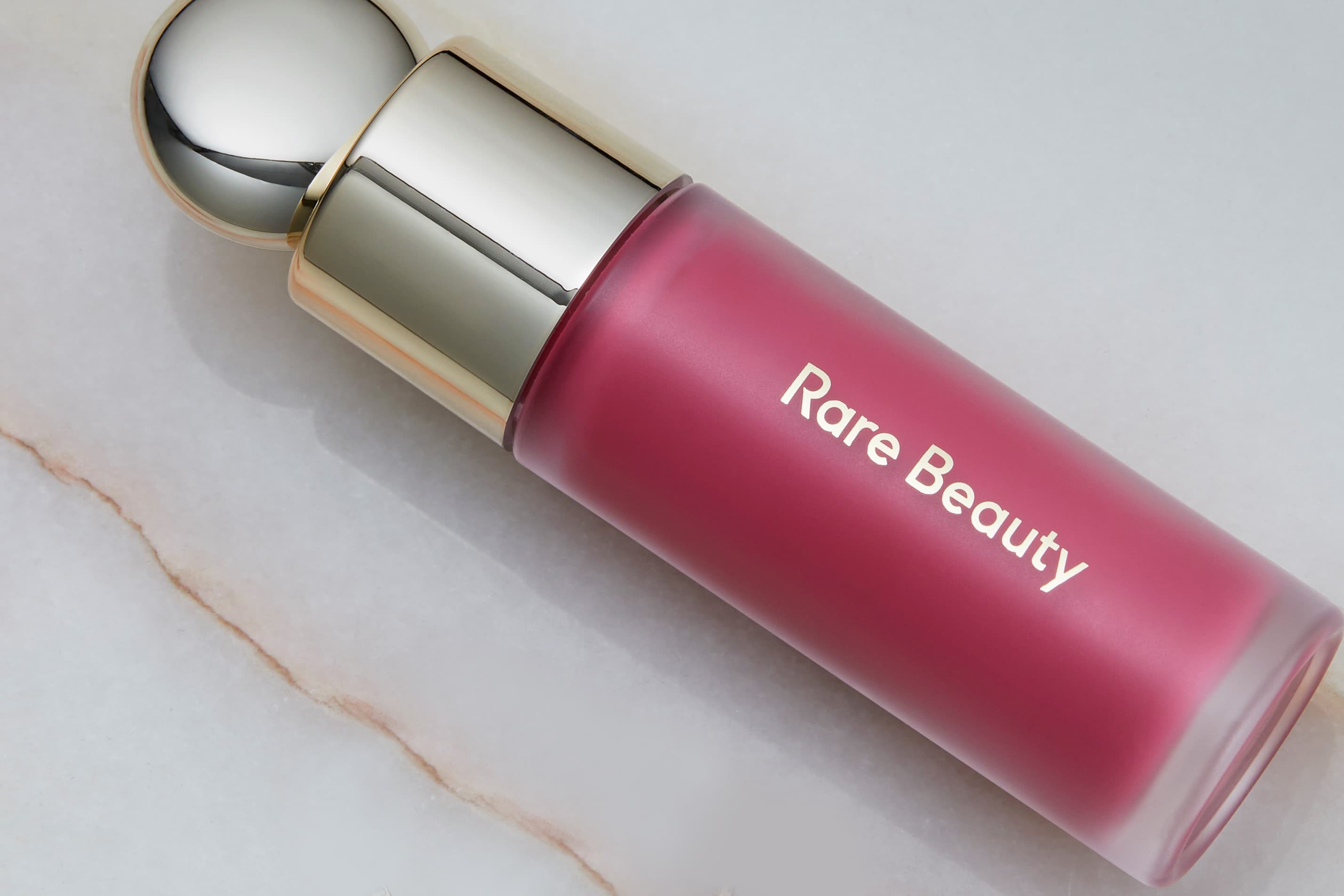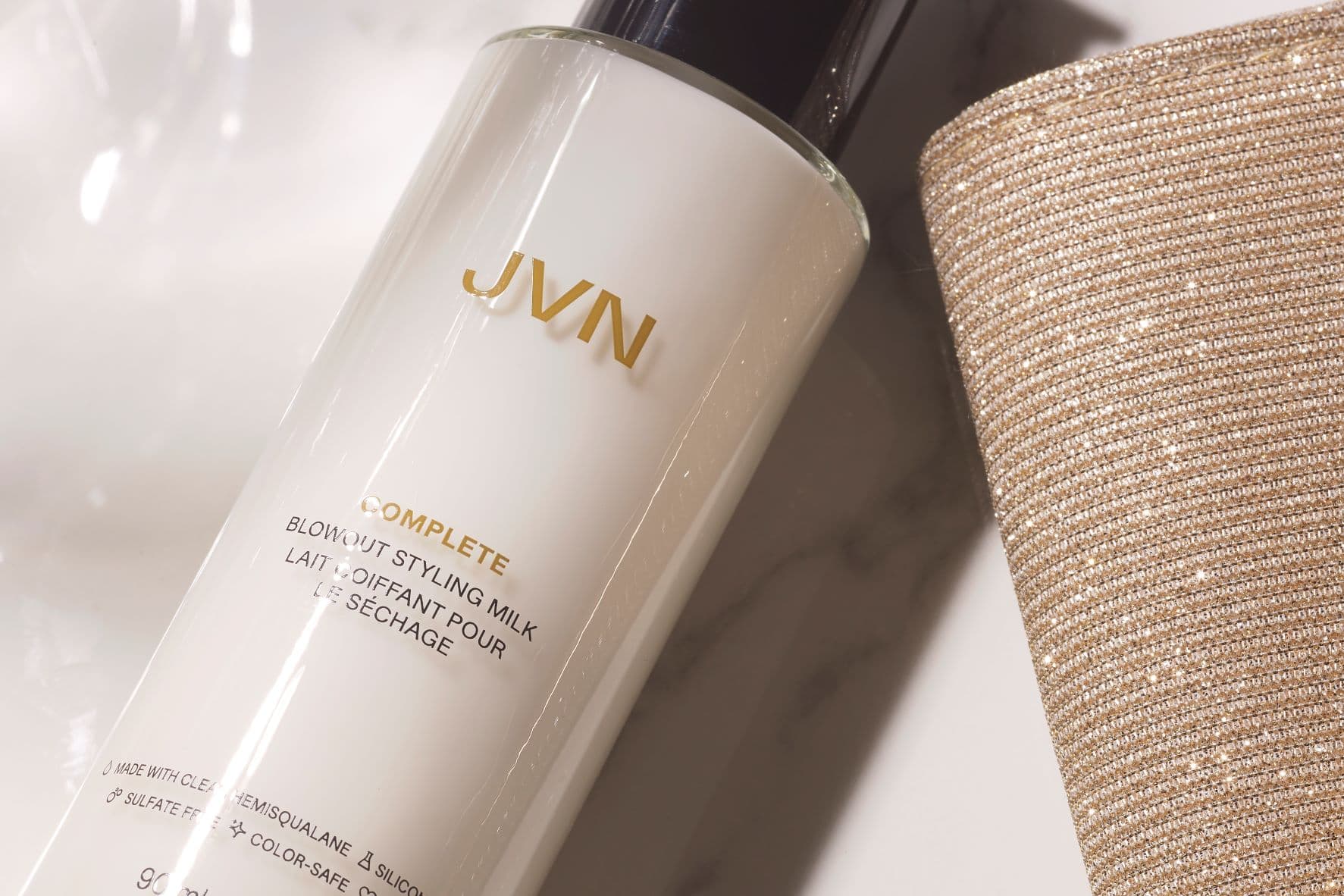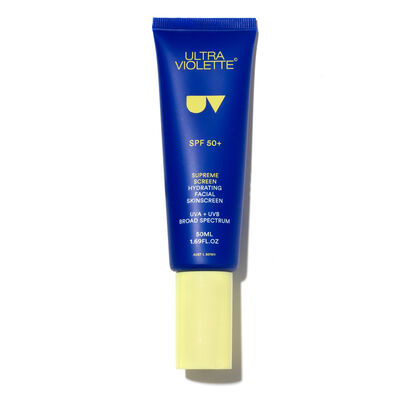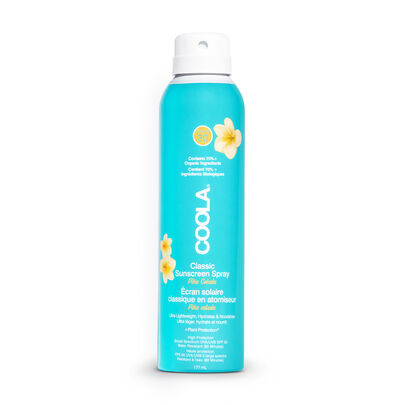Everything you Need to Know about SPF
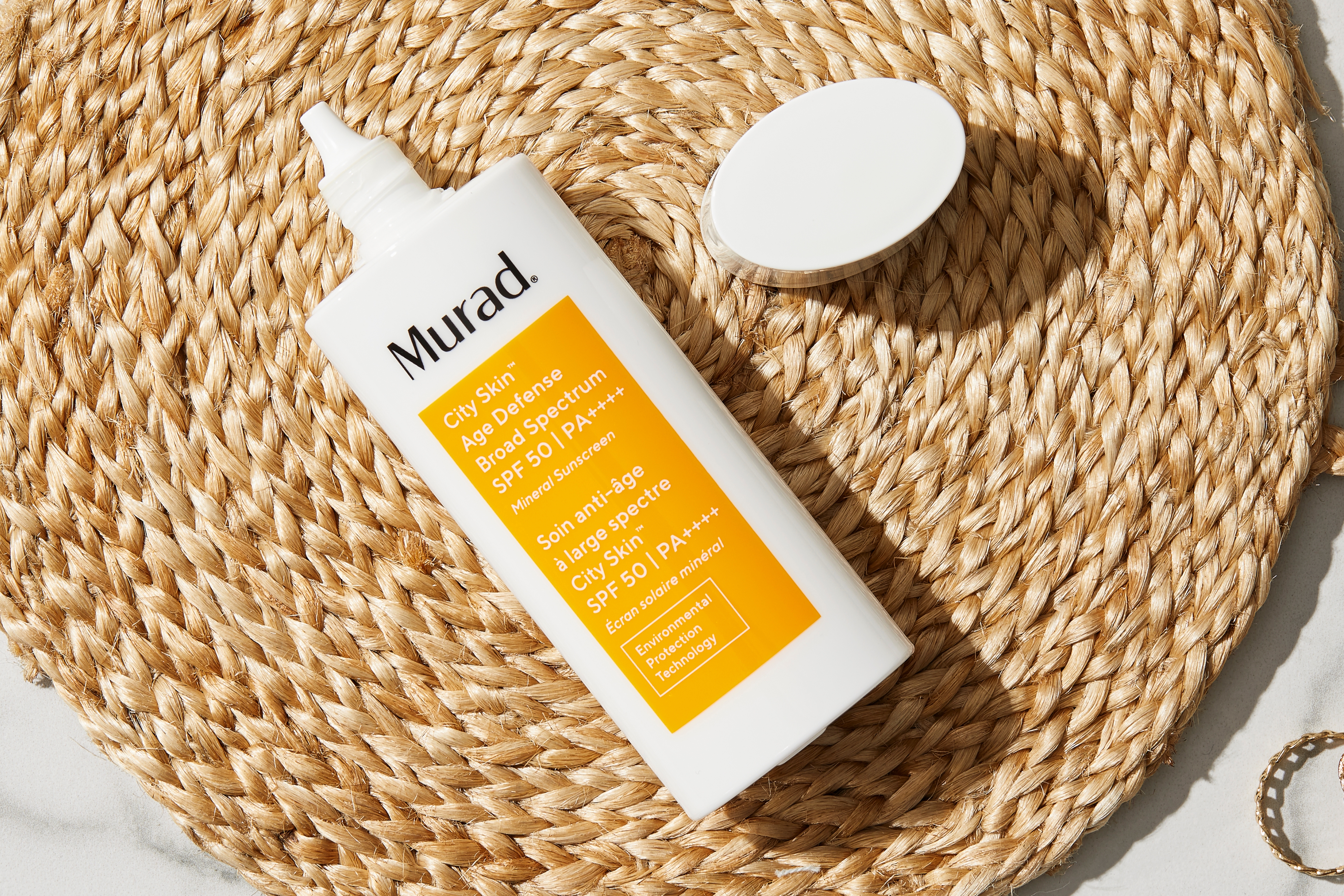
Sunscreen is one of the basics that should be incorporated into everyone’s skincare routine, but if you’ve ever been curious about the ins and outs of it including the benefits of SPF and how it protects your skin, then you’re in the right place. From A to Z, our experts have looked into the benefits of SPF, how it works and have picked out their top sunscreen recommendations for the summer.
What does SPF mean?
Let’s start with the basics, what does SPF stand for exactly? SPF stands for Sun Protection Factor. Using SPF in your skincare routine helps protect your skin from UV rays and the factor helps determine how much and how long the formula is going to protect your skin. When formulating a sunscreen, brands use different types of filters to shield your skin, which will determine what the SPF in the product is. These products are then third-party tested to make sure the factor advertised is real. It is recommended to wear SPF everyday (yes, even in the UK), because rain or shine, UV rays can reach your skin, so it's imperative to keep it protected at all times.
Everything you Need to Know about SPF
There’s so much that could be said about SPF and why you need to wear sunscreen everyday, but if there’s anything to remember, these are the 6 things you should know about SPF:
1. Mineral vs Chemical Sunscreen
There are two main types of sunscreens: mineral and chemical. “Chemical sunscreens are organic chemicals that absorb UV rays and cause them to dissipate in the sun,” says aesthetic doctor, Dr. David Jack. They act like a sponge, absorbing the sun’s rays, and often have a lightweight texture and can contain extra skin boosting ingredients, the smooth texture works well under makeup.
“Physical sunscreens use salts of metals, such as zinc oxide and titanium dioxide to reflect UV light away from your skin’s surface and stop it from penetrating deeper into the skin and causing damage,” explains Dr. Jack. Mineral sunscreen is also reef-safe, so if you’re going on a holiday and are likely to be spending a lot of time in the sea, go for mineral. The bottle will usually say reef-safe or reef-friendly on it. Some of our everyday favourites include KOSAS DreamBeam SPF 30, £ 36,00 and Dr. Dennis Gross All-Physical Lightweight Wrinkle Defense Broad Spectrum Sunscreen SPF 30, £ 42,00.
2. How Often to Apply Sunscreen
To truly reap the benefits of SPF, you need to make sure you are applying it 15-30 minutes before sun exposure. In the morning, do your skincare first and get on with your morning tasks, before heading out into the sun. It’s also recommended to reapply your SPF every two hours, especially if you are exposed to direct sunlight. Keep that in mind this upcoming spring and summer if you are on holiday, at a festival or in a pub garden, we've also got the best tips on reapplying sunscreen over makeup.
3. SPF is one of the best anti-ageing ingredients
If you follow any skinfluencer or skintellectual like Susan Yara, you’ve probably heard them talk about the importance of sunscreen, even at a young age. SPF is considered to be the best ingredient to help slow down skin-ageing. While we love using vitamin A and AHA formulas to help erase those fine lines and wrinkles, SPF will help protect your skin and keep those signs at bay. No matter your age or your skin concerns, it’s never too early to start using SPF and protect your skin barrier from UV ray damage.
4. SPF helps prevent pigmentation
Because we all have our pre-existing skin problems, we don’t want the sun and UV rays to make it any worse. Pigmentation, no matter what the cause can be, is already difficult to fade and get rid of and UV rays can actually make it worse. Applying a generous layer of sunscreen on the face will make a big difference and create a barrier between your skin and UV rays to keep pigmentation to get darker because of the sun. If this is something you struggle with, we highly recommend wearing SPF 50 daily to help with your skin’s healing process.
5. SPF and Vitamin C are the best allies for your skin
If you’re a fan of the benefits of vitamin C for skin, know that SPF can help support the antioxidant benefits and boost your skin’s glow. It’s one of the best skincare combinations to get radiant skin and fade pigmentation quicker than usual. Together, SPF and vitamin C will help maintain high levels of collagen and keep your skin looking fresh and bouncy for longer. For even more efficacy, use your favourite retinol the night before, follow up with this combo in the morning and your skin will be glowing from within.
6. How much sunscreen to use
According to the British Association of Dermatologists, “when using lotions, as the bare minimum you should to apply at least six full teaspoons (approximately 36 grams) to cover the body of an average adult, which is more than half a teaspoon of sunscreen to each arm and the face/neck (including ears), and just over one teaspoon to each leg, front of body and back of body.” It’s also important to reapply regularly if you're in direct sunlight for a prolonged period of time. Don’t forget to apply your sunscreen 15-30 minutes before heading out as it won’t start working immediately.
The Best Sunscreens to Buy for Spring and Summer 2023
When it comes to choosing the best sunscreen for your skin, this all depends on your skin types, even your skin concerns and even your skin tone. Darker skin tones will tend to opt for chemical sunscreens to avoid having a white cast while fair skin can go for either chemical or mineral sunscreen. This also depends on your favourite way to apply SPF, we love the for a light application or the to apply over makeup. With brands like Supergoop, Ultra Violette or Hello Sunday and more, we can choose what works best for our skin.
UVA and UVB rays: What’s the Difference?
What exactly do UV rays do to your skin? There are two main types of UV rays that sunscreens help protect from: UVA and UVB rays.
UVA rays have a long wavelength, which means they penetrate into the deeper layers of your skin (the ones you don’t see) and they are responsible for ageing your skin. Although you don’t see the damage caused by these UV rays straight away, once they have made their way into your skin, the signs of ageing can start showing in a few years. “UVA is the silent killer and accounts for over 95% of the rays that reach our skin,” says aesthetic doctor, Dr. David Jack.
UVB rays have a short wavelength, which means that they basically sit on your skin. UVB rays are the ones that tan and burn your skin. These rays are obviously stronger during the spring and summer or any day that the sun is out. Dr. Jack says, “They cause more visible changes to the skin like redness and sunburn, but they also contribute to skin changes over time.”
Our Final Thoughts on SPF
There’s a lot that can be said about the benefits of SPF, but one thing we hope you keep in mind is the importance of wearing SPF daily, no matter what the weather is like. UV rays are ruthless and will not miss out on the opportunity to get to your skin. There are a lot of good sunscreens out there, find one that works well for your skin tone and type and make it part of your daily skincare routine.
Read More
• The Best Way To Apply SPF• SPF For Dark Skin Tones • How Much Sunscreen Do I Need?
• Best Sweat Proof Makeup Products • Best Self Tan Products


